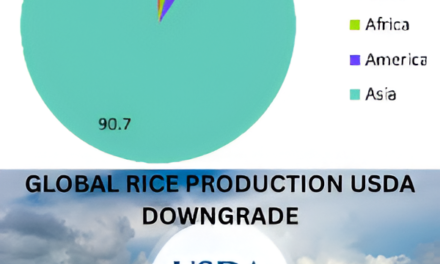The dairy processing industry plays a pivotal role in addressing global nutritional challenges by enhancing the nutritional profile of dairy products and ensuring their safety and accessibility. Through various processing techniques, the industry not only improves the digestibility and bioavailability of essential nutrients but also contributes to food security worldwide.
Enhancing Nutrient Bioavailability
Processing methods such as fermentation, pasteurization, and fortification are employed to increase the bioavailability of nutrients in dairy products. For instance, fermentation enhances the digestibility of lactose, benefiting individuals with lactose intolerance. Additionally, fortification with vitamins and minerals, such as vitamin D and calcium, helps address deficiencies prevalent in certain populations. These practices ensure that dairy products serve as effective vehicles for delivering essential nutrients to diverse communities.
Ensuring Food Safety
The dairy processing industry is committed to ensuring the safety of dairy products through rigorous pasteurization processes. Pasteurization effectively eliminates harmful pathogens, making dairy products safe for consumption and reducing the risk of foodborne illnesses. This commitment to safety is crucial in maintaining public health and trust in dairy products.
Addressing Food Security
Dairy processing contributes to food security by extending the shelf life of dairy products, reducing food waste, and making nutritious options more accessible. Processed dairy products are often more affordable and have a longer shelf life, making them valuable components of food assistance programs and essential in regions facing food scarcity. The industry’s ability to produce nutrient-dense, shelf-stable products is vital in combating malnutrition and hunger globally.
Balancing Health Considerations
While dairy products offer significant nutritional benefits, it’s important to consider the health implications associated with their consumption. Some studies suggest that high intake of saturated fats found in certain dairy products may contribute to health issues such as heart disease and type 2 diabetes. Therefore, the dairy processing industry is exploring the development of low-fat and fat-free options to mitigate these risks. Additionally, the consumption of raw milk is a topic of debate; while some advocate for its potential health benefits, health experts caution against the risks of bacterial infections associated with unpasteurized milk. The industry continues to balance the nutritional advantages of dairy with health considerations, striving to provide safe and healthy options for consumers.
The dairy processing industry is instrumental in addressing global nutritional issues by enhancing nutrient bioavailability, ensuring food safety, and contributing to food security. Through ongoing innovation and a commitment to public health, the industry continues to evolve, aiming to meet the diverse nutritional needs of populations worldwide.









